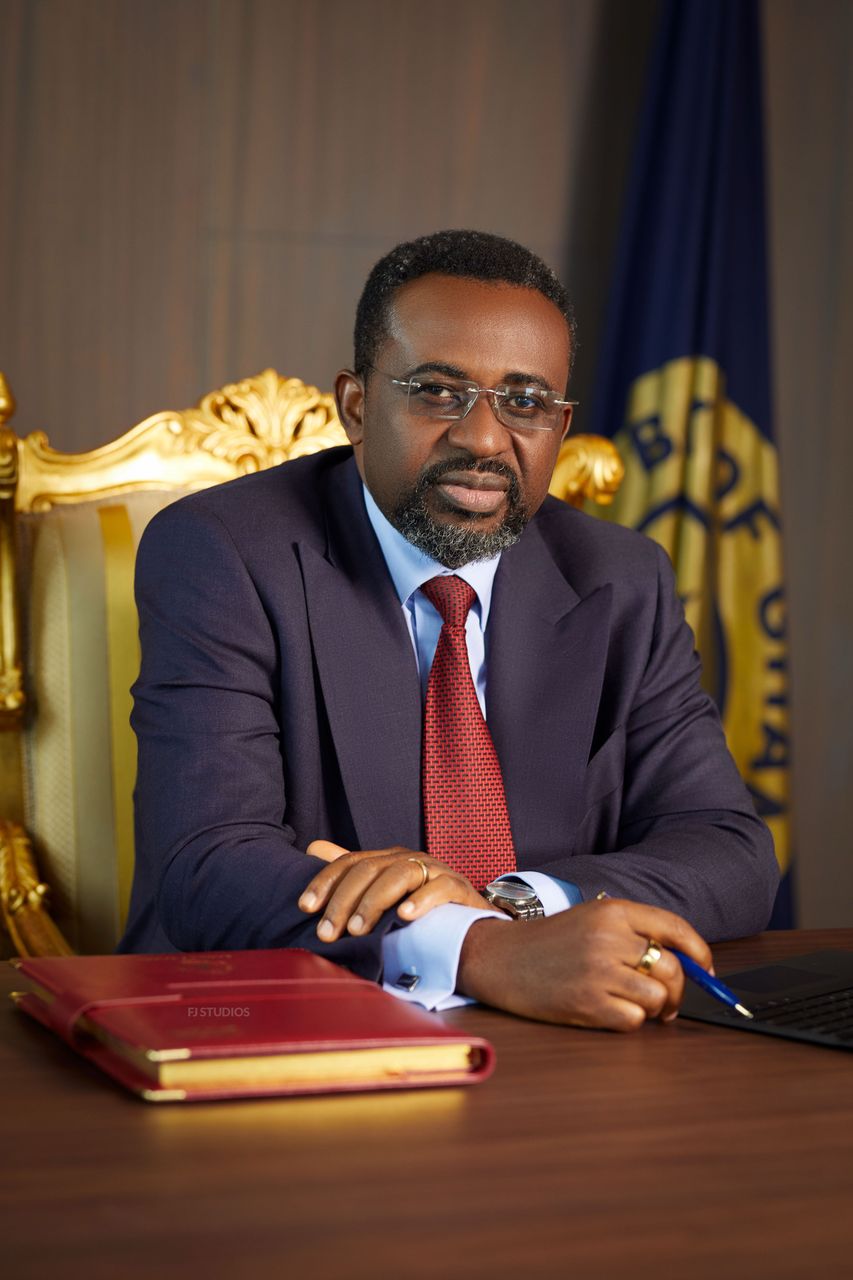The Governor, Dr. Johnson Asiama, has called on the International Monetary Fund (IMF) to strengthen the debt sustainability framework to proactively prevent unsustainable debt accumulation without unduly limiting access to the much-needed development assistance.
According to him, The IMF should ensure that the debt sustainability framework remains fit-for-purpose and effectively captures the unique vulnerabilities of developing countries, including climate-related debt risks and new debt instruments.
He said, refining the IMF’s debt sustainability toolkit is critical in this regard and that, “we urge the IMF to enhance its risk assessment tools and early warning systems to timely identify potential debt sustainability issues.
He expects the ongoing review of LIC DSA to take stock of shortcomings and address them.
Speaking at IMF / WORLD BANK 2025 Spring Meetings: 2025 African Consultative Group Meeting ON “debt vulnerabilities in developing countries—a key challenge for achieving the Sustainable Development Goals (SDGS)” on April 22, 2025, Dr. Asiama notes that the IMF should continue to lead debt restructuring and debt relief efforts, “while we appreciate the Global Sovereign Debt Roundtable (GSDR) and G20 Common Framework’s work, the ongoing high debt vulnerabilities in developing countries, especially in Africa, call for a more comprehensive debt relief strategy”.
He mentioned that streamlining processes, enhancing debt transparency and reporting, and incentivizing private creditor participation in the Common Framework are crucial for fostering confidence and encouraging early engagement from members.
Additionally, Multilateral Development Banks’ significant exposure to debt-vulnerable countries necessitates deeper discussions on fairer debt treatment across different creditors and additional financing support. We call on the IMF to use its convening powers to drive this dialogue at the GSDR.
The Governor, however, submits that African Governors are committed to proactive debt management, enhancing revenue mobilization, and rationalizing expenditures to restore fiscal and debt sustainability, while implementing policies to promote durable economic growth, “these efforts require stepped-up international cooperation and support from development partners, including the IMF”.







